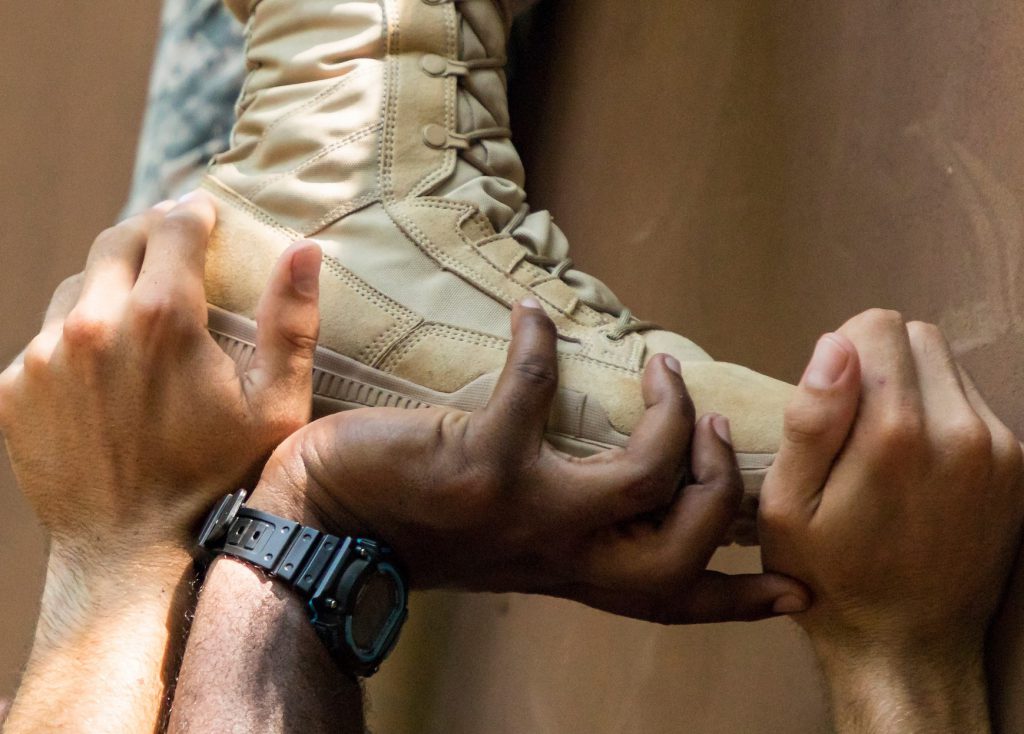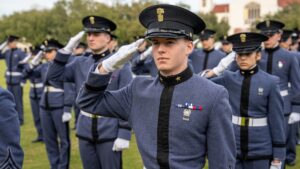
Change and uncertainly are often accompanied by stress and anxiety. The new “abnormal requiring learning and sheltering at home, plus social distancing from our network of friends, can lead to conditions never before experienced. The current climate can also intensify existing mental health conditions.
The Citadel Counseling Center (CCC) staff is ready to support cadets and students remotely. Questions from parents, friends, faculty and staff about how to help a cadet or student who seems to be having difficulty will also be addressed.
How to get help
The CCC staff will be answering calls and providing remote services Monday through Friday, from 8 a.m. – 4:30 p.m.. (Services are suspended from noon – 1 for lunch.)
The phone number is (843) 953-6799.
Calls will be managed by an administrative assistant and sent to one of the staff therapists, or the center’s director, Dr. Suzanne Bufano. Your call will be returned within 15 minutes during normal business hours.
Current and recent CCC clients
The CCC is trying to check on students who are current clients. Current and recent clients will receive an email from the CCC. Current and recent clients may continue to send emails to their counselor but these emails will NOT be returned immediately. Instead, current and recent clients are strongly encouraged to call the Counseling Center during office hours (843-953-6799) so their calls can be forwarded to an available counselor more quickly during business hours.
Suggestions for keeping healthy
As we all work to adjust to this new circumstance, the CCC staff encourages all students to attempt to maximize their health and wellness and work toward achieving their educational goals. More specifically, the CCC staff encourages all students to develop a good routine that they can work to sustain over the spring semester. Some ideas:
• Exercise: Plan a specific time to exercise everyday – running, sit ups, pushups; check gyms offering free workouts on social media (Instagram, facebook), apps offering free trials, YouTube channels, and other websites with exercise routines to do at home.
• Sleep: Plan specific times to go to sleep and wake up every day. Make your bed first thing in the morning so you get up and are not tempted to spend all day in your bed, diminish screen time and media consumption during the evening to help with sleep, remember exercise promotes better sleep.
• Eating: Plan specific times to eat 3 meals every day. Work to eat reasonable quantities of food, try to choose healthier foods including fruit and vegetables. This could be a good time to try new recipes and boost your immune system through healthy eating at regular intervals.
• Academics: Set aside specific times for online classes and homework every day. Have a designated area in your living space to do school work and avoid doing work in your bed. Taking classes online will likely be a new experience for many students– be patient, ask questions, and ask for help if you need it.
• Social activity: Social activity and connection are linked to positive mental health. Find ways to stay connected: group chats, virtual Skype or Zoom groups, social media.
Mental Health Resources Related to COVID-19
- Centers for Disease Control and Prevention: Manage Anxiety and Stress
- Centers for Disease Control and Prevention: Taking care of your Emotional Health
- National Alliance on Mental Illness
Emergencies and additional resources
Emergencies: if a student is feeling overwhelmed with emotions like sadness, depression, or anxiety and is having thoughts of harming him/herself or others, students should call 911 or go to the nearest hospital emergency department. During this call, students should emphasize that the concern is a life-threatening emergency.
24-hour Support, National Hotlines, and National Text Lines
· Suicide Prevention Lifeline: (800) 273-8255
· Crisis Text Line: 741-741
· Substance Abuse and Mental Health Services Administration’s (SAMHSA’s) Disaster Distress Helpline: 1-800-985-5990 or text TalkWithUs to 66746

 Prestigious Cincinnati and MacArthur awards presented to Citadel cadets
Prestigious Cincinnati and MacArthur awards presented to Citadel cadets Looking ahead to the major events of 2026-27
Looking ahead to the major events of 2026-27 Photos from campus: January in review
Photos from campus: January in review


